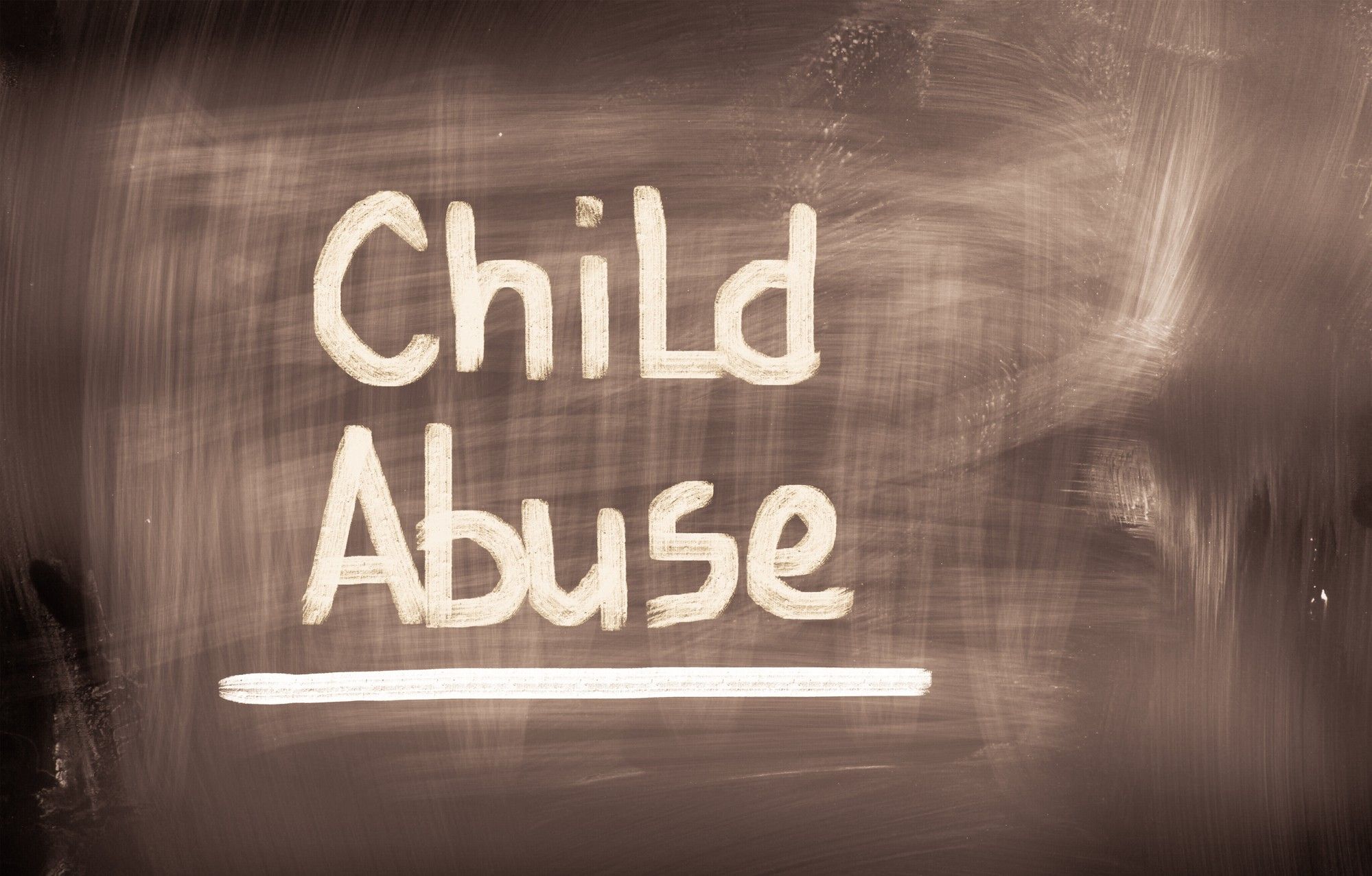Top Class Actions’s website and social media posts use affiliate links. If you make a purchase using such links, we may receive a commission, but it will not result in any additional charges to you. Please review our Affiliate Link Disclosure for more information.
In recent years, a number of states have changed their childhood sexual abuse laws in an effort to make it easier for victims of abuse to seek justice. While this change hasn’t occurred in every state, it is a promising sign for victims and victims’ advocates.
These new laws vary from state to state, from an extension to complete elimination of the statute of limitations for childhood sex abuse cases.
These laws also often establish a look back window allowing victims to sue no matter how long ago their abuse took place.
Sexual abuse laws overview
Sexual abuse laws are meant to both criminalize the behavior of abusers and give victims a way to seek justice. These laws make certain acts like rape and sexual assault crimes, define the parameters of those crimes, and establish a range of punishments for those crimes depending on the specific situation. Sexual abuse against minors typically carries with it significantly harsher punishments.
Another important factor of sexual abuse laws is their establishment of a statute of limitations, which dictates how long victims of abuse have to bring charges against their abusers after the time at which the abuse took place.
Statutes of limitations vary from crime to crime and can be a bit complex when it comes to crimes committed against children.
Sexual abuse laws often take into account the fact that children who suffer abuse are sometimes unwilling or incapable of reporting that abuse.
In some instances, victims of abuse aren’t even aware of exactly how or if they have been harmed until they have grown into adulthood.
Because of this, the statutes of limitations for victims of childhood sexual assault often include a timeline for those who only discover their abuse as adults. These timelines start when the victim has their realization.
What is a look back window?
When several states recently updated their sexual abuse laws, they changed the amount of time victims have to press charges, in many states by a significant amount.
However, some victims who would have been able to file if the law had been passed sooner will have already passed that age by the time the new statute of limitations has been set.
To address this issue, many states have set look back windows during which any victims of childhood sexual assault to seek justice no matter how long ago they were abused. These windows are generally between one and three years long.
Which states have established a look back window?
As of December 2019, eight states and Washington, D.C. had set look back windows for victims of past abuse looking for justice under the updated sexual abuse laws, according to the Associated Press (AP).
States that have offered victims a look back window include New York, New Jersey, California, Arizona, Montana, Hawaii, Vermont, and North Carolina. Each of these windows allows survivors of abuse to file suits against their abusers and institutions that may have allowed the abuse to occur, no matter when that abuse took place.
Colorado and Louisiana have, since the AP article, been added to this number with look back windows of their own.
The most common window length is two years. The longest is in Vermont, where the look back window is set to remain perpetually open — there is no deadline.
Some look back windows have opened and closed already, but some are still open. California’s look back window has an impending deadline of Dec. 31, 2022 in which survivors can pursue litigation.
Which states have changed their sexual abuse laws?
Since 2018, more than a dozen states and Washington, D.C. across the country have changed their sexual abuse laws, according to AP News.
States that have extended or eliminated their statutes of limitation include New York, New Jersey, California, Arizona, Montana, Vermont, Illinois, North Carolina, Alabama, Rhode Island, Connecticut, Tennessee, Texas, Michigan, Pennsylvania, and Washington, D.C.
Since the AP article’s publication, Colorado and Louisiana have also updated their sexual abuse laws. Hawaii is the only state that extended a previous look back window rather than establishing a new one or extending its statute of limitations.
How have states expanded sexual abuse laws?
The majority of the updates to state sexual abuse laws have been made regarding the age cut-off for victims of childhood sexual assault.
In Arizona, an update to the state’s sexual abuse laws gives victims until the age of 30 to sue regarding their childhood sexual abuse. The update also establishes a nineteen-month look back window. However, according to Tucson.com, the law faced significant opposition, and, as a result, victims filing under the look back window will be held to a higher standard of proof.
In North Carolina, an overhaul of the state’s sexual abuse laws has made several improvements on how abuse is spotted and litigated. First, the update improved training requirements for school districts in the state. The overhaul also makes it a Class 1 misdemeanor for an adult to fail to report suspected sexual or physical abuse of a child to the proper authorities. Finally, the law establishes a two-year look back window and moves the age cutoff for future suits from 21 to 28.
Vermont’s updates to its sexual abuse laws are among the most significant. Lawmakers in the state voted to completely remove the statute of limitations for victims of childhood sexual assault. As a part of this extension, a look back window was established for any victims of childhood abuse looking to file suits against their abusers. The window was made to never close.
Vermont’s changes are second only to those put in place in Illinois. In Illinois, victims of any type of sexual assault or abuse will no longer be restricted from filing suits against their abusers by a statute of limitations. This means that victims of sex crimes in the state will no longer be subject to a time frame limiting when they can come forward under Illinois sexual abuse laws.
Connecticut, meanwhile, has seen mixed results when it comes to updating their sexual abuse laws. First, the state passed the Time’s Up Bill requiring businesses of a certain size to carry out sexual harassment training and eliminating the statute of limitations for victims of childhood sexual assault and extending the statute to 30 years from the occurrence of abuse in some instances.
However, efforts to extend the state’s statute of limitations for adult victims of assault were unsuccessful, reports CTPost. According to CT News Junkie, the state’s five-year statute of limitations for these crimes is one of the shortest in the country.
Colorado passed SB 88 in the summer of 2021, the governor signing it into law on July 6, that opens a three-year look back window for survivors of child sex abuse that occurred on or after Jan. 1, 1960. The window will open Jan. 1, 2022 and end Dec. 31, 2024. Awards to survivors have a cap of $1 million from private entities, and $387,000 from governmental entities.
Louisiana has also introduced a new child sexual abuse law, offering a three-year look back window for claims that had already expired, as well as completely eliminating the statute of limitations for those coming forward with new claims that hadn’t already expired.
Statistics show prevalence of sexual assault
Every 68 seconds, someone is sexually assaulted in America, according to the Rape, Abuse & Incest National Network (RAINN). Every 9 minutes, a child is a victim of sexual assault. Despite these numbers, a mere 5 out of every 1,000 perpetrators serve prison time.
While DNA evidence plays a large part in ensuring the perpetrator is brought to justice, we hear a lot of talk about a backlog of DNA evidence that keeps cases from moving forward more quickly.
RAINN shares two reasons that there’s a rape kit backlog waiting to be processed at various cities and states throughout the country. First, RAINN cites instances when rape kits were used by law enforcement or during sexual assault forensic examinations, but no one ever made sure the completed kits were sent to a crime lab. RAINN said this has been called a “hidden backlog” and is one of the reasons states began to audit evidence rooms kept by the authorities.
In other cases, too much DNA evidence sent all at once to crime labs can cause the number of untested DNA to stack up. For a time, older DNA evidence kits appeared to be pushed back as new collections arrived, but this type of backlog is not as common as it was when the importance of DNA evidence was first realized several years ago.
Criminal laws and sexual abuse laws ensure DNA profiles are added to CODIS, the national database of DNA maintained by the FBI. CODIS now contains more than 10 million DNA profiles of people who have been arrested for sexual assault and other serious crimes.
What do the new sexual abuse laws mean for victims?
These new sexual abuse laws represent a massive win for victims overall. These expansions make it easier for victims to seek justice even if it takes them some time to feel ready to do so.
During the look back window set by a state’s sexual abuse laws, victims of abuse can file charges or suits against their abusers or institutions which they believe either allowed or contributed to their abuse.
If you were sexually abused as a child in any of these states with an open look back window but missed your chance to file a suit under the earlier laws, you may now have a second chance to sue your abuser.
Filing a lawsuit can be a daunting prospect, so Top Class Actions has laid the groundwork for you by connecting you with an experienced attorney. Consulting an attorney can help you determine if you have a claim, navigate the complexities of litigation, and maximize your potential compensation.
Join a free sex abuse lawsuit investigation
If you or a loved one was the victim of sex abuse or assault and the person was linked to an organization, legal help is available.
Fill out the form on this page for more information.
This article is not legal advice. It is presented
for informational purposes only.
ATTORNEY ADVERTISING
Top Class Actions is a Proud Member of the American Bar Association
LEGAL INFORMATION IS NOT LEGAL ADVICE
Top Class Actions Legal Statement
©2008 – 2024 Top Class Actions® LLC
Various Trademarks held by their respective owners
This website is not intended for viewing or usage by European Union citizens.
Get help – it’s free
Fill out the form below to take legal action
If you qualify, an attorney will contact you to discuss the details of your potential case at no charge to you.
E-mail any problems with this form to:
Questions@TopClassActions.com.














